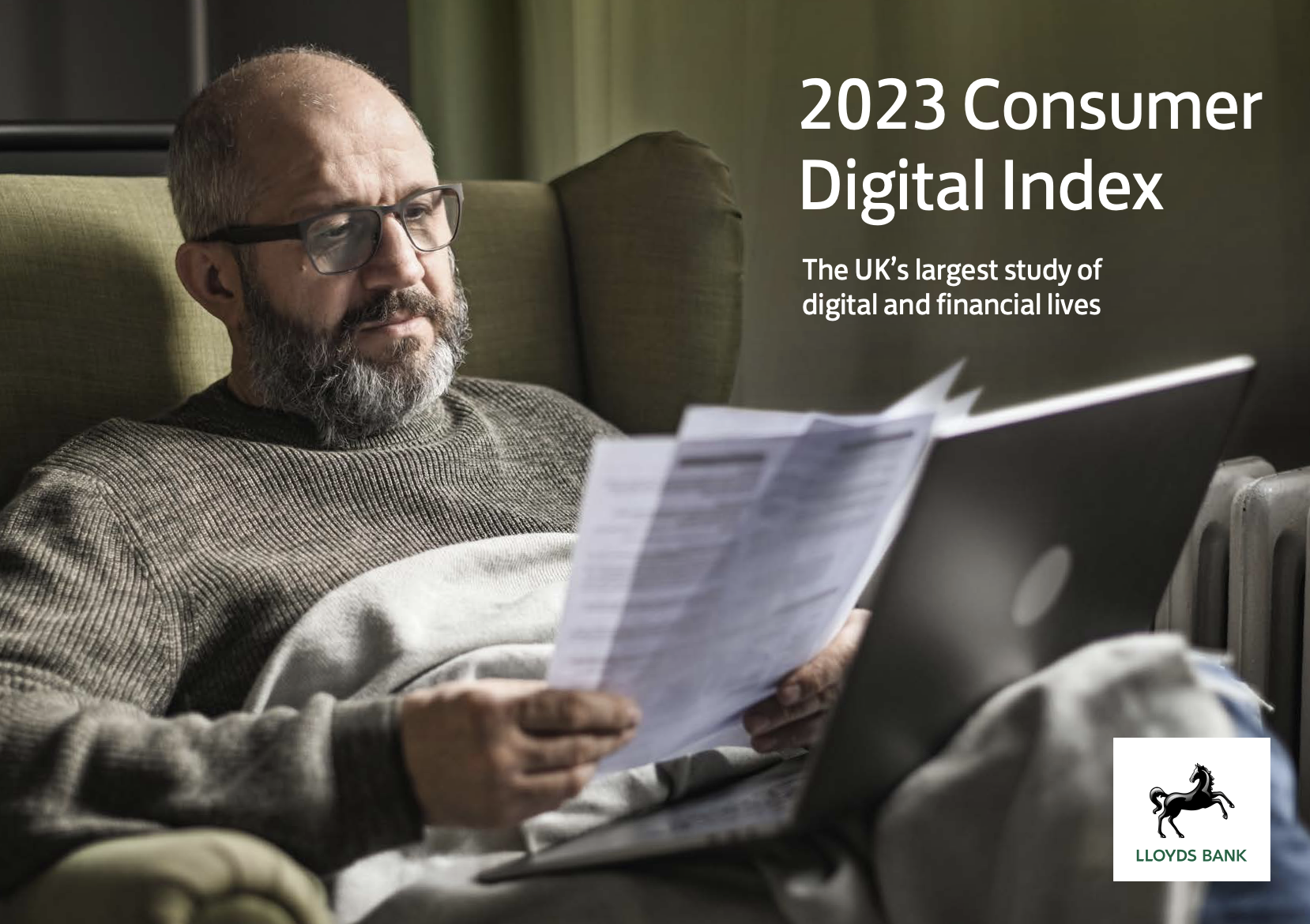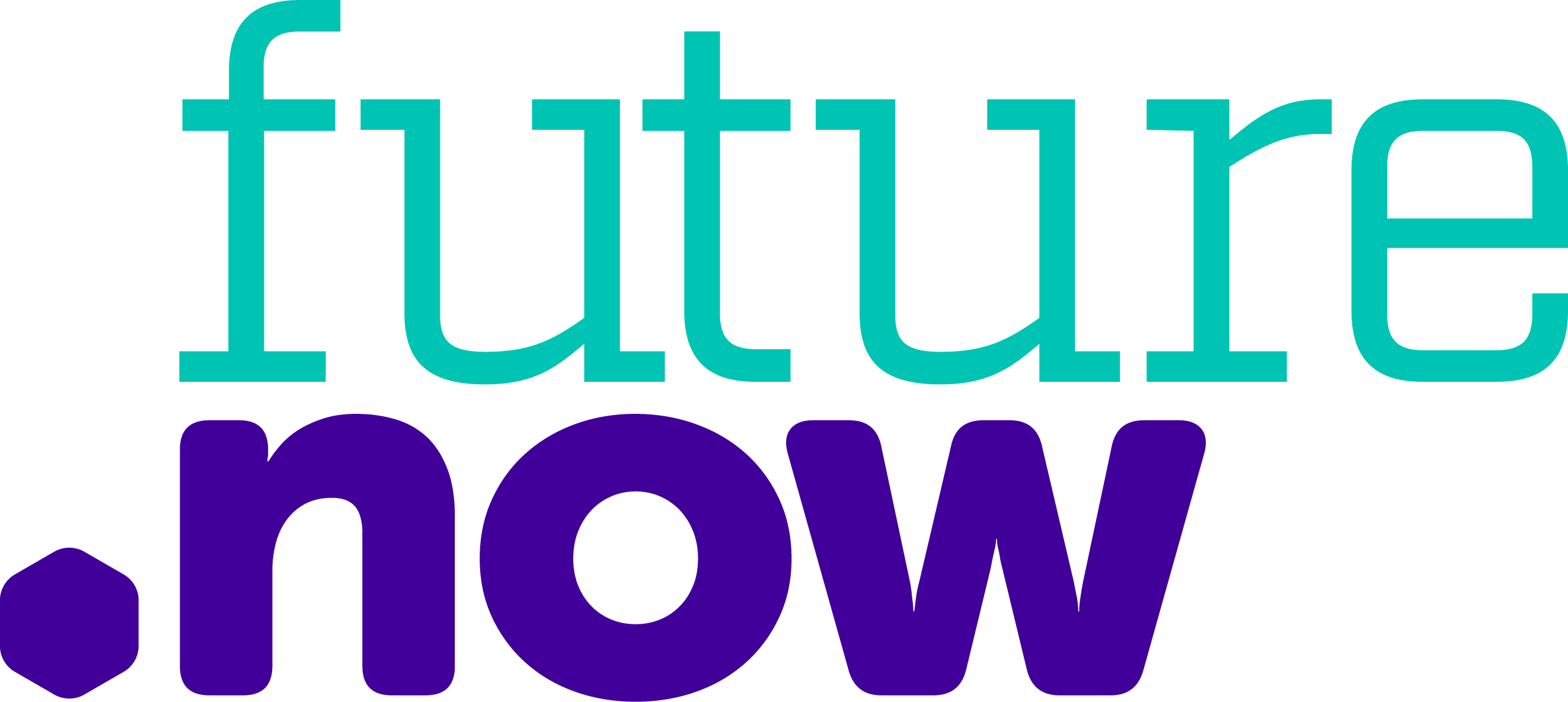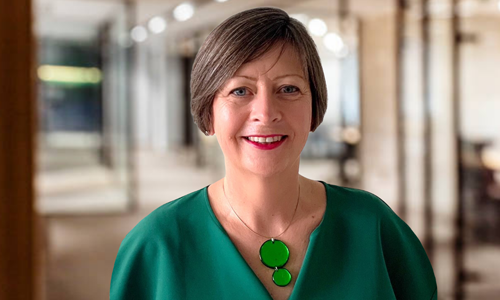Today, Lloyds Bank has published the 2023 Consumer Digital Index and Essential Digital Skills report, their annual report into the financial and digital capability of the nation.
This crucial data reveals a stark truth – over half (54%) of working adults still cannot perform all 20 tasks industry and government agree are vital for today’s workplace.

And these skills are the basics – from core online safety to accessing digital payslips and using online tools to communicate and collaborate with colleagues. The data shows the UK is still a long way from closing the workplace digital skills gap.
The report tells us that 82% of working adults now have the Essential Digital Skills (EDS) for Work – up from 78% last year. Of course, any positive movement is good news. But that still means almost 20% of the workforce (c.7.5 million people) are falling behind on the digital fundamentals needed for work.
And ‘having the EDS for Work’ only means they can complete at least one task in each of the five skill areas of the EDS framework (transacting, communication, problem solving, handling information, and being safe and secure online), out of a total of 20 tasks. So, they might have all 20 task or may have as few as five.
Why being able to do only one task in each of the skill areas is deemed as having the Essential Digital Skills when there are 20 tasks in total continues to perplex me. It unhelpfully masks the underlying issue.
If we dive deeper, into the task view of the data, it reveals the gap is much wider. Only 46% of the workforce report confidence with the full set of 20 tasks. And almost 2 million people (5%) say they can’t do any of them.
This means that more than half of working adults in the UK – c.22 million people – are unable to complete some of the most fundamental workplace digital tasks.
This is a massive red flag opportunity for business and government – particularly given the major risk of workforce displacement as a result of AI and automation. Ensuring the workforce is ready to adopt and move into an AI driven world of work is a pressing priority.
FutureDotNow is working with business to stand up solutions to close the workplace digital skills gap. We are a 200-member strong action-centred community.
Our Digital Skills Roadmap launched in the Summer set out the path for action. It distilled the landscape and imperative into three action areas and delivered consensus on the best next steps for impact on the workforce essential digital skill gap.
Over the Autumn, industry-led working groups have been exploring the 10 recommendations made in the roadmap, taking them to the next level of detail, setting out what good looks like for 2024 and the delivery plan to get there. We’ll be publishing our 2024 action plan early in the new year.
If you’d like to find out more, do drop me a line, and we’ll shortly be launching a series of December workshops to introduce the working groups in more detail. And if you are not already part of the FutureDotNow network of companies, you can find out more about our work and how to join here.
Helping you understand the data
Sign up now to join FutureDotNow on Thursday 25 January, 10:00 – 11:00 for a deep dive into the workplace digital skills data in the 2023 Consumer Digital Index.
Data is a key to unlock progress. And the annual measure provided by the Lloyds Bank Consumer Digital Index is invaluable. It informs FutureDotNow’s work at national level and is a powerful asset for you.
At ‘Closing the UK workforce digital skills gap: Turning data and insight into action’, the FutureDotNow team will break down how this skills gap is playing out across industry sectors, regions and other key demographics, and what it means for your business.
We’ll cover the key stats, and help you understand how to use the insights to assess and boost your organisation’s digital skills levels. We’ll also give you practical tips and strategies to help make sure your workforce can keep up with the pace of change
She is a long-term campaigner on the importance of everyone benefiting from digital technology. Previously she led BT Group’s digital and social inclusion strategies and is Group Chair of the Good Things Foundation, a social change charity operating in the UK and Australia to help people improve their lives through digital.
Liz was awarded an MBE for services to digital literacy and social inclusion in 2019 and is a fellow of the RSA. She is also listed in Computer Weekly’s most influential women in UK technology.
FutureDotNow is coordinating industry action to equip people across the UK with the Essential Digital Skills they need to thrive in work and prepare for our digital future.
The charity is helping businesses understand that a significant proportion of the workforce do not have the digital basics they need for the workplace, and empowering industry business leaders to take action.
Established in 2019, the coalition cuts across all industry sectors and is more than 200 members strong, convening the reach and influence of industry leaders such as Accenture, BT, Good Things Foundation, Lloyds Banking Group, Nominet, PwC and Salesforce.

